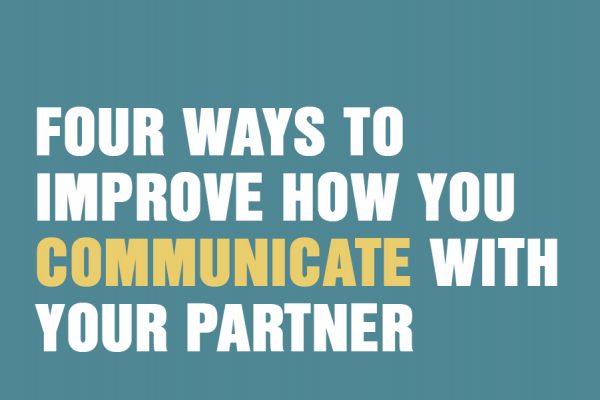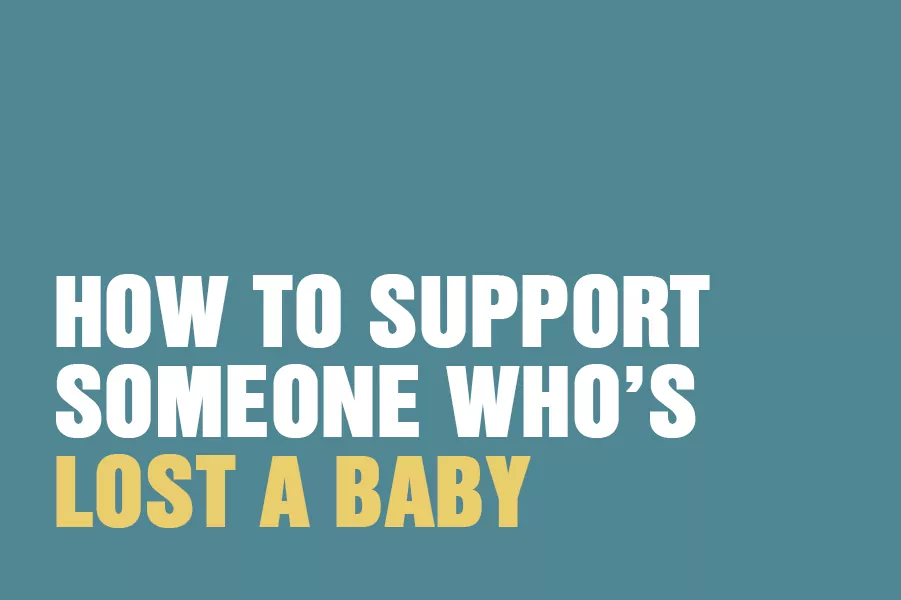Embarking on a new relationship can feel like bliss. Your heart skips a beat several times a day. There’s a new spring in your step. Romantic songs take on deeper meaning. As you view the world through starry-eyed specs, you may start to feel as though life is complete.
The honeymoon period of a new relationship lasts anywhere between six months and a year. It’s the stage when you discover wonderful new things about your partner, you find myriad ways to agree on things, you can’t keep your hands off each other, and life definitely feels better together.
Yet some couples don’t make it through the honeymoon stage. The sunny aspects of the relationship can become clouded over. What was once a warm vibe between partners can evolve into something decidedly chilly. They break up after a few months and wonder what went wrong. As couples counsellors, we see many reasons for this happening.
Here are five of the most common ways that partners sabotage a new relationship…
1. Moving too fast
When you feel you’ve met the person of your dreams, it can be tempting to install them in all areas of your life. Within weeks you might be inviting your partner to family gatherings, planning what you’ll do at Christmas (even though it’s months away) and dreaming about your future life together. You may want them to know everything about you – good and bad – and spend hours and hours spilling out every detail of your life. Moving too fast can end up stifling your partner. All the good bits happen at once, and what have you got to look forward to?
How not to: Take your time. You don’t need to plan what cutlery you’ll have when you live together after you’ve only been on a few dates. There is a rule of thumb called the ‘date-time continuum’. What it suggests is that you don’t plan any activities in the future further away than you’ve been together. So, if you’ve been a couple for two months, only plan things two months in advance. It may not work for everyone, but it will allow your relationship to unfold at a slower, more manageable pace.
2. Playing it too cool
The opposite end of the spectrum is playing it too cool. Perhaps you’ve been hurt in the past and can’t bear to be hurt again. How does this play out in a new relationship? You may have read somewhere not to rush in too quickly, but you take this to extremes. You may play hard to get, not returning calls straight away, or not texting for days. You’re non-committal about when and where to meet next. This kind of behaviour can create confusion and anxiety in your partner. Not a great foundation to build a relationship on.
How not to: The beginning of a new relationship can make you feel vulnerable. Rather than avoiding difficult feelings, try to embrace them. Tell your partner that you need some time to get used to being in a relationship and that you still need your own space. They’ll understand if you approach the conversation with honesty and humility.
3. Bringing the past with you
This is an especially common way of sabotaging a new relationship. You haven’t moved on from the past, for whatever reason. You might start comparing your current partner unfavourably with one of your exes. Or, there may be certain patterns laid down in childhood relationships that keep repeating in your current one. This could be fear of your partner leaving you and being abandoned, or perhaps you become argumentative because that’s what you learned about relationships when you were little
How not to: Resist the urge to criticise and compare. That’s not always easy, but it will give your relationship a chance. If you have unresolved issues from childhood then you may consider entering personal therapy to identify the early patterns and dynamics that are still plaguing you today.
4. Expecting your partner to be a mind reader
There can be a phase early on in a relationship that counsellors call the ‘urge to merge’. You want your partner to be everything, to anticipate your every need, to know what you’re thinking. You may start finishing each other’s sentences and feel that your partner is your soul mate. Further down the line, the ideal image you have projected onto your partner may start to fade as you learn more about each other. You can feel let down and disappointed that perhaps your partner isn’t perfect after all.
How not to: The ‘letdown’ moment can often spell the end of a burgeoning romance. It can feel like a child discovering that Santa doesn’t exist. This is the phase where you need to work through your differences as well as your similarities. Your partner is separate from you, and you will have individual needs in the relationship as well as joint ones. Couples counselling may help you to come through the other side of this challenging time.
5. Forgetting yourself
In the beginning of a relationship you may sideline your own interests to focus on your feelings instead. You may give up your hobbies (dancing, sport, painting) and perhaps even friendships take a back seat as you spend more and more time with your new partner. This doesn’t forge a steady foundation for a relationship. Sacrificing yourself for the sake of the other creates a dynamic that may mean you become dependent on each other and feel lost without the other.
How not to: Make sure you plan individual activities into your diary. Keep up with old friendships and interests. Realise that a strong relationship has a healthy balance of ‘me time’ and ‘together time’. Getting that balance right may take a while.
If you feel you could benefit from therapy to support you in your relationship – either individual or couples counselling – then get in touch with our team to book an initial appointment. You can reach us on 020 8673 4545 and [email protected]







